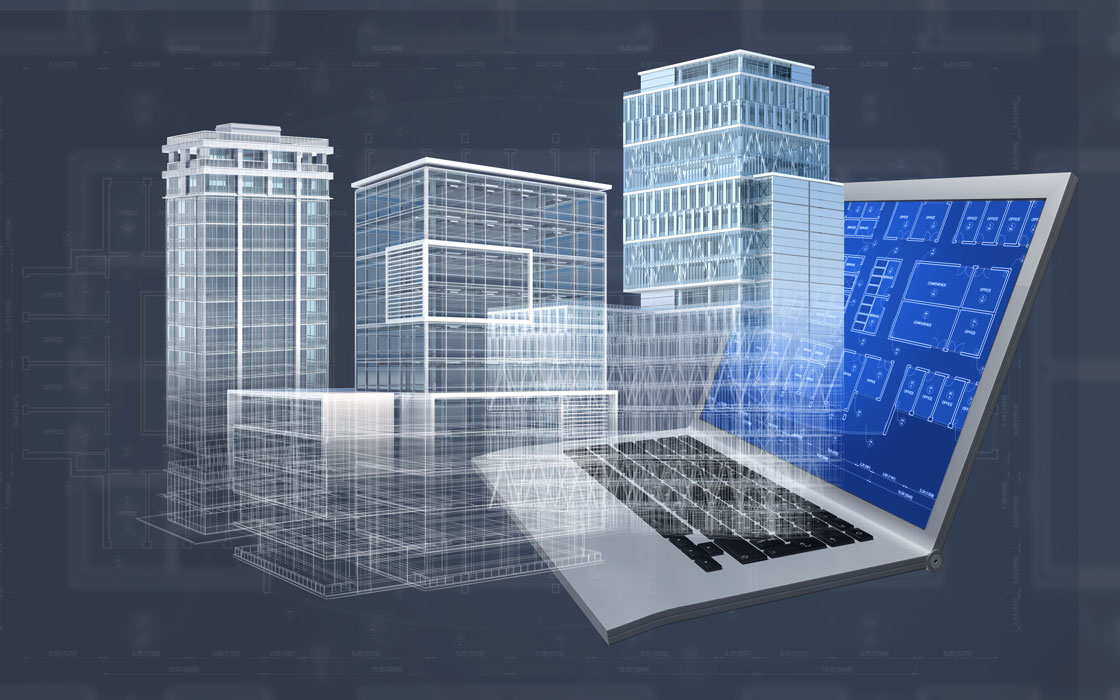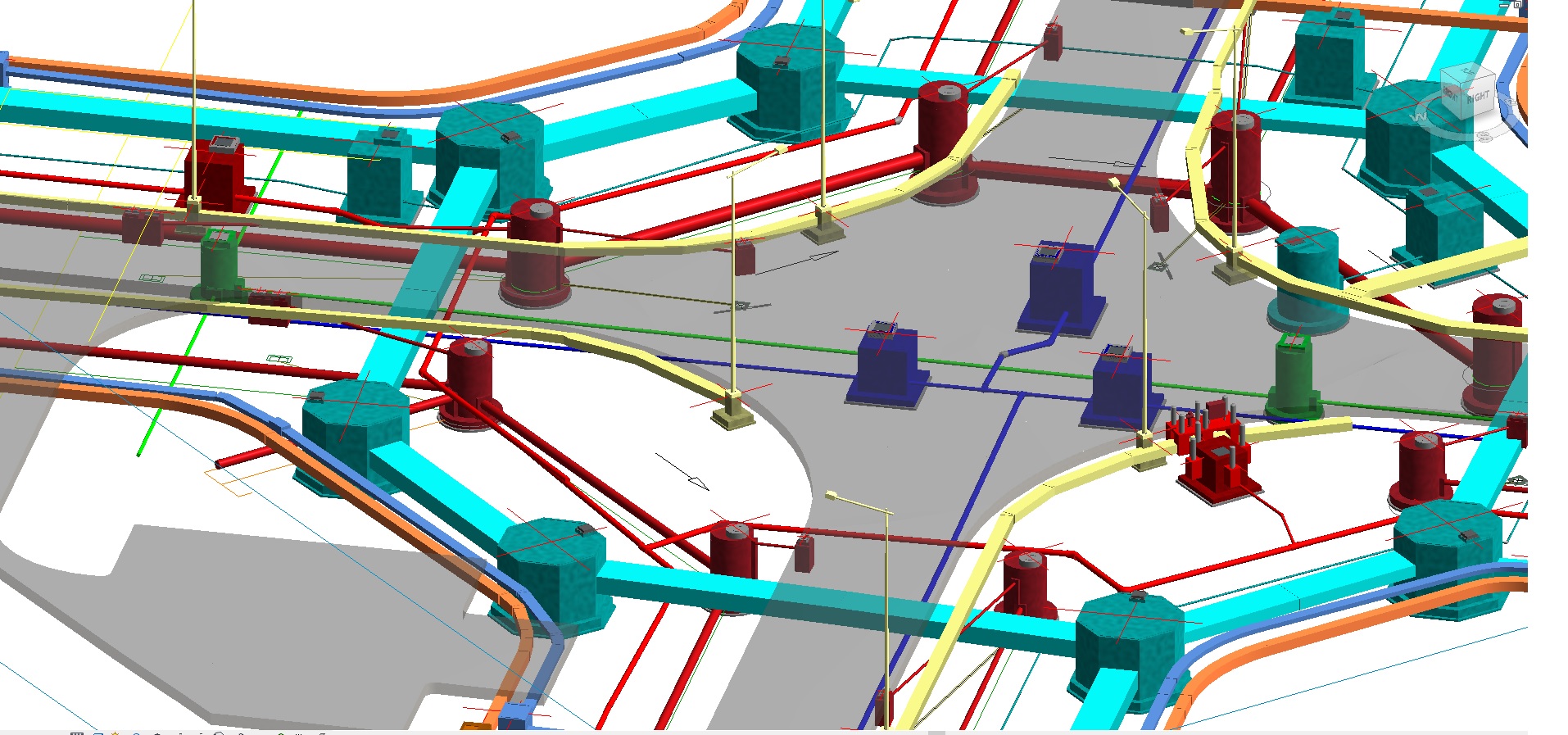In an ever-evolving construction industry, future-proofing projects has become essential to ensure long-term success and sustainability. Among the many tools and methodologies available, Building Information Modeling (BIM) implementation services stand out as a crucial component in achieving this goal. In this blog post, we’ll explore the significance of BIM implementation services in future-proofing projects, highlighting their benefits, challenges, and best practices.
Understanding BIM Implementation Services
Before delving into its importance, it’s crucial to understand what BIM i services entail. BIM services encompass the processes, strategies, and technologies used to integrate BIM into a project’s workflow effectively. This involves setting up BIM standards, protocols, training programs, and technology infrastructure to ensure seamless adoption and utilization of BIM throughout the project lifecycle.
Enhancing Collaboration and Coordination
One of the primary benefits of BIM services is their ability to enhance collaboration and coordination among project stakeholders. By providing a centralized platform for sharing and accessing project information, BIM facilitates real-time collaboration, reducing errors, conflicts, and delays during design, construction, and operation phases. This collaborative environment fosters better communication, decision-making, and problem-solving, ultimately leading to improved project outcomes.
Improving Design Quality and Efficiency
BIM services enable architects, engineers, and contractors to create and analyze digital models of buildings before construction begins. This allows them to identify and resolve design conflicts, optimize building performance, and explore alternative design solutions more efficiently. Additionally, BIM provides tools for simulation, analysis, and visualization, empowering project teams to make informed decisions that improve design quality while reducing costs and construction time.
Increasing Cost and Schedule Certainty
BIM services play a crucial role in increasing cost and schedule certainty by providing greater visibility and predictability throughout the project lifecycle. By accurately quantifying materials, quantities, and resources in the BIM model, project teams can develop more accurate cost estimates and construction schedules, reducing the likelihood of budget overruns and schedule delays. Additionally, BIM enables better risk management and mitigation strategies, further enhancing project predictability and success.
Facilitating Sustainable and Resilient Design
In an era of increasing environmental awareness and climate change, BIM implementation services are instrumental in facilitating sustainable and resilient design practices. BIM allows project teams to analyze the environmental impact of design decisions, optimize energy efficiency, and incorporate sustainable materials and systems into the building design. Furthermore, BIM enables the simulation of various scenarios, such as extreme weather events or natural disasters, allowing project teams to design for resilience and adaptability.
Supporting Lifecycle Management and Facility Operations
Beyond the construction phase, BIM services support lifecycle management and facility operations by providing a comprehensive digital representation of the built environment. BIM models can be utilized for facility management, maintenance planning, and asset tracking, enabling owners and operators to efficiently manage and maintain their assets throughout their lifecycle. Additionally, BIM facilitates data exchange and integration with other building management systems, enhancing interoperability and efficiency in facility operations.
Overcoming Implementation Challenges
While the benefits of BIM implementation services are significant, it’s essential to acknowledge and address the challenges that may arise during implementation. Common challenges include resistance to change, lack of technical expertise, interoperability issues, and data management complexities. Overcoming these challenges requires a concerted effort from project stakeholders, including executive buy-in, staff training, collaboration with technology vendors, and development of standardized workflows and protocols.
Leveraging Advanced Technologies
To maximize the benefits of BIM services, project teams can leverage advanced technologies and methodologies such as augmented reality (AR), virtual reality (VR), and machine learning (ML). AR and VR technologies allow stakeholders to visualize and interact with BIM models in immersive environments, facilitating better design communication and decision-making. ML algorithms can analyze vast amounts of data from BIM models to identify patterns, predict project outcomes, and optimize performance.
Embracing Industry Standards and Best Practices
Adopting industry standards and best practices is crucial for successful BIM implementation. Standards such as the National BIM Standard-United States (NBIMS-US) and best practices outlined by organizations like the Building SMART alliance provide guidelines for BIM implementation across projects and disciplines. By adhering to these standards and practices, project teams can ensure consistency, interoperability, and quality in BIM workflows, leading to better project outcomes and increased efficiency.
Continuous Improvement and Innovation
BIM implementation services should not be viewed as a one-time initiative but rather as an ongoing process of continuous improvement and innovation. Project teams should regularly evaluate and refine their BIM workflows, technology infrastructure, and training programs to keep pace with industry advancements and emerging trends. By embracing a culture of innovation and learning, project stakeholders can future-proof their projects and remain at the forefront of BIM-enabled design and construction practices.
Conclusion
BIM implementation services play a critical role in future-proofing projects by enhancing collaboration, improving design quality and efficiency, increasing cost and schedule certainty, facilitating sustainable and resilient design, and supporting lifecycle management and facility operations. ENGISOFT ENGINEERING – BIM Staffing & BIM Services As the construction industry continues to evolve, BIM services will remain essential in driving innovation, improving project outcomes, and ensuring the long-term success and sustainability of built environments. By embracing BIM services, project stakeholders can future-proof their projects, adapt to changing industry trends, and deliver value to clients and communities for years to come.











